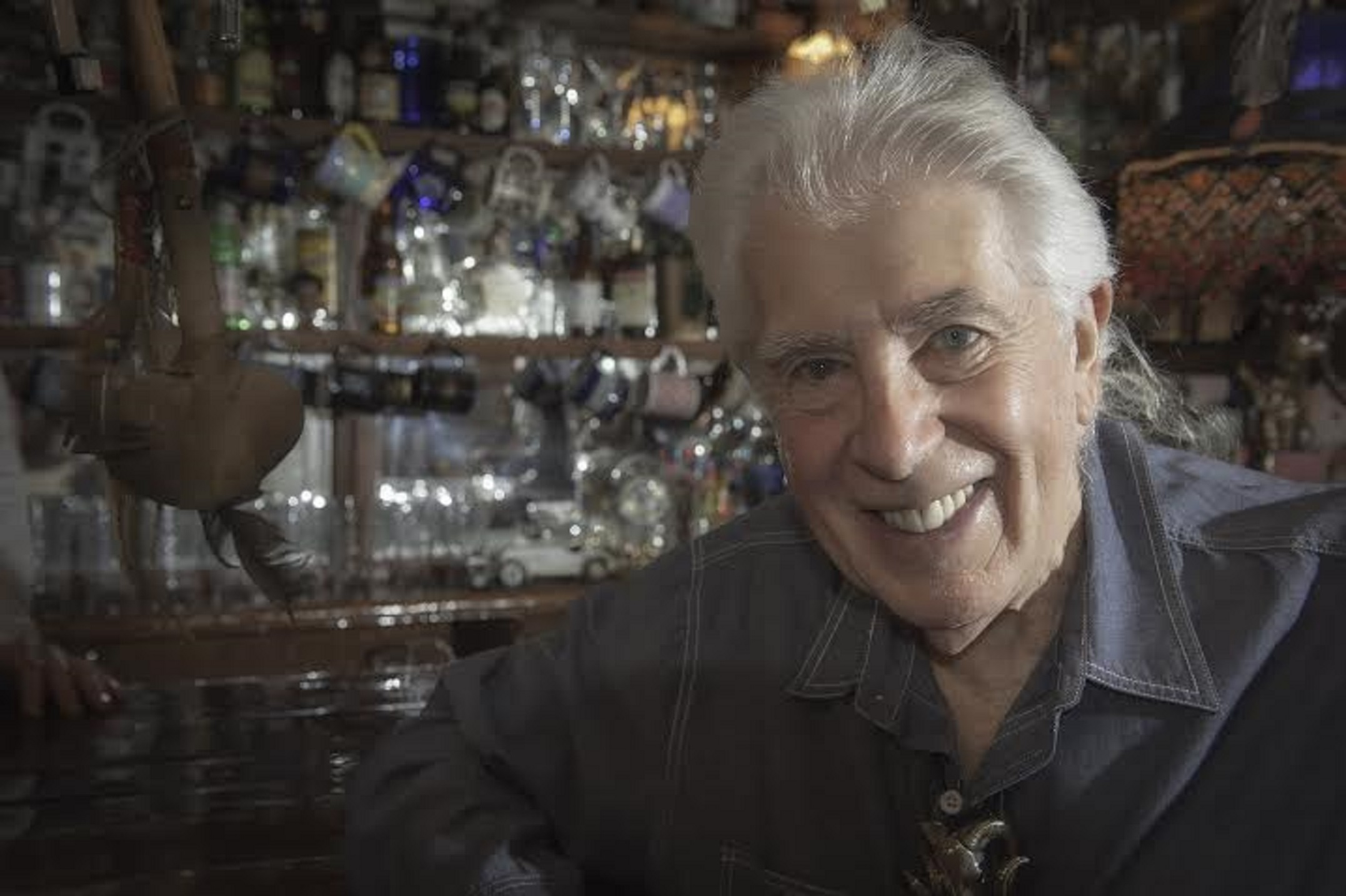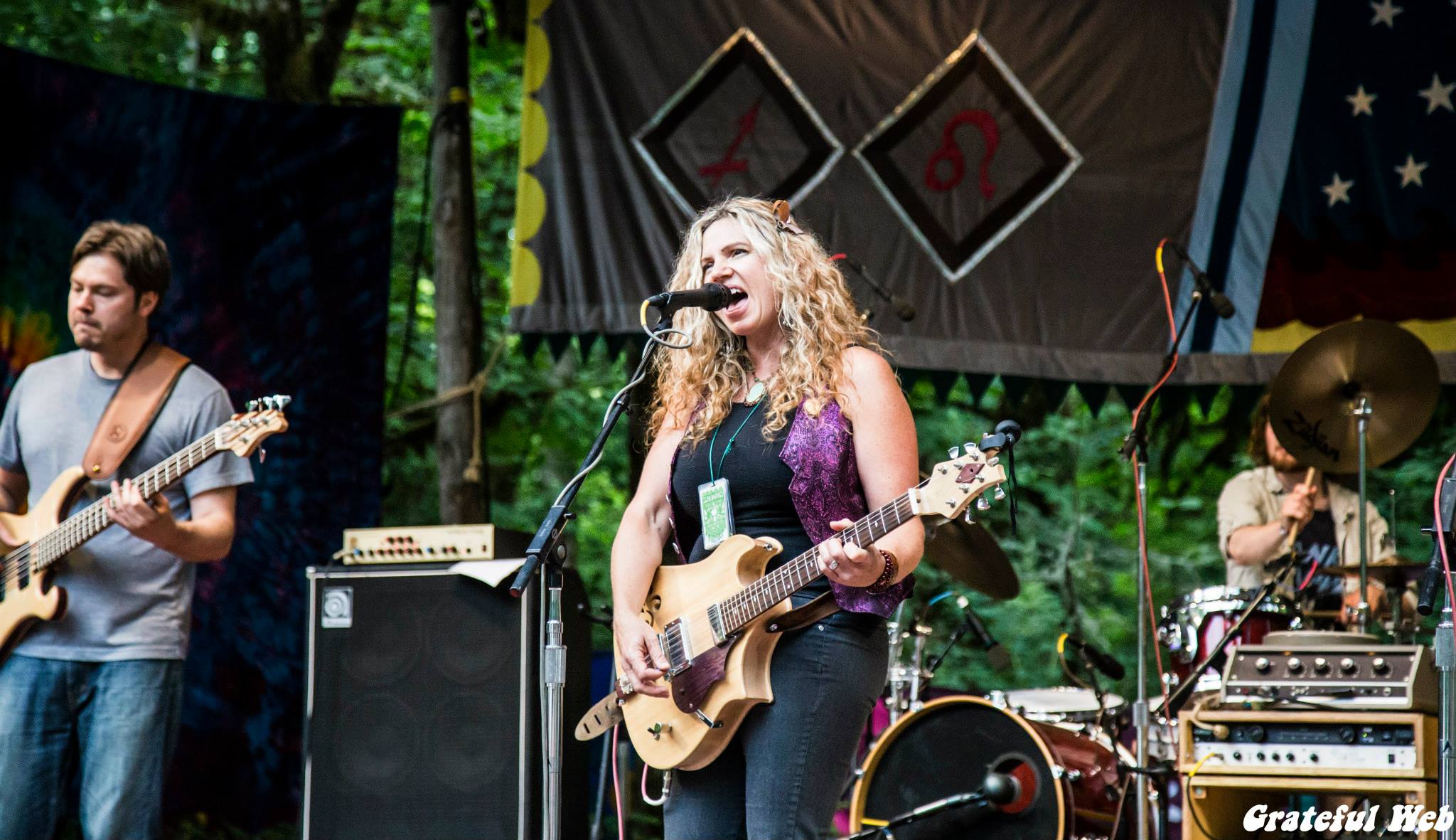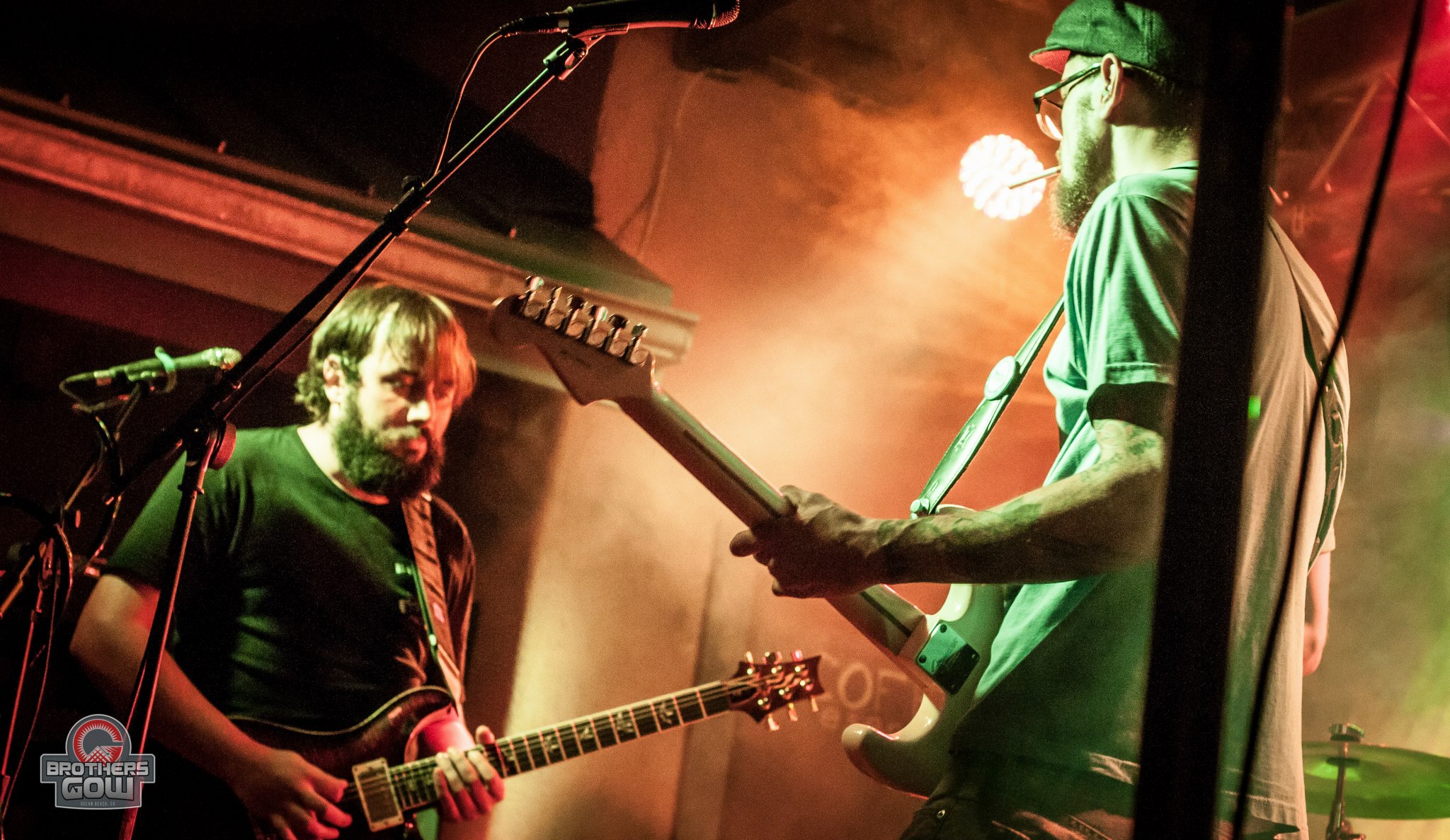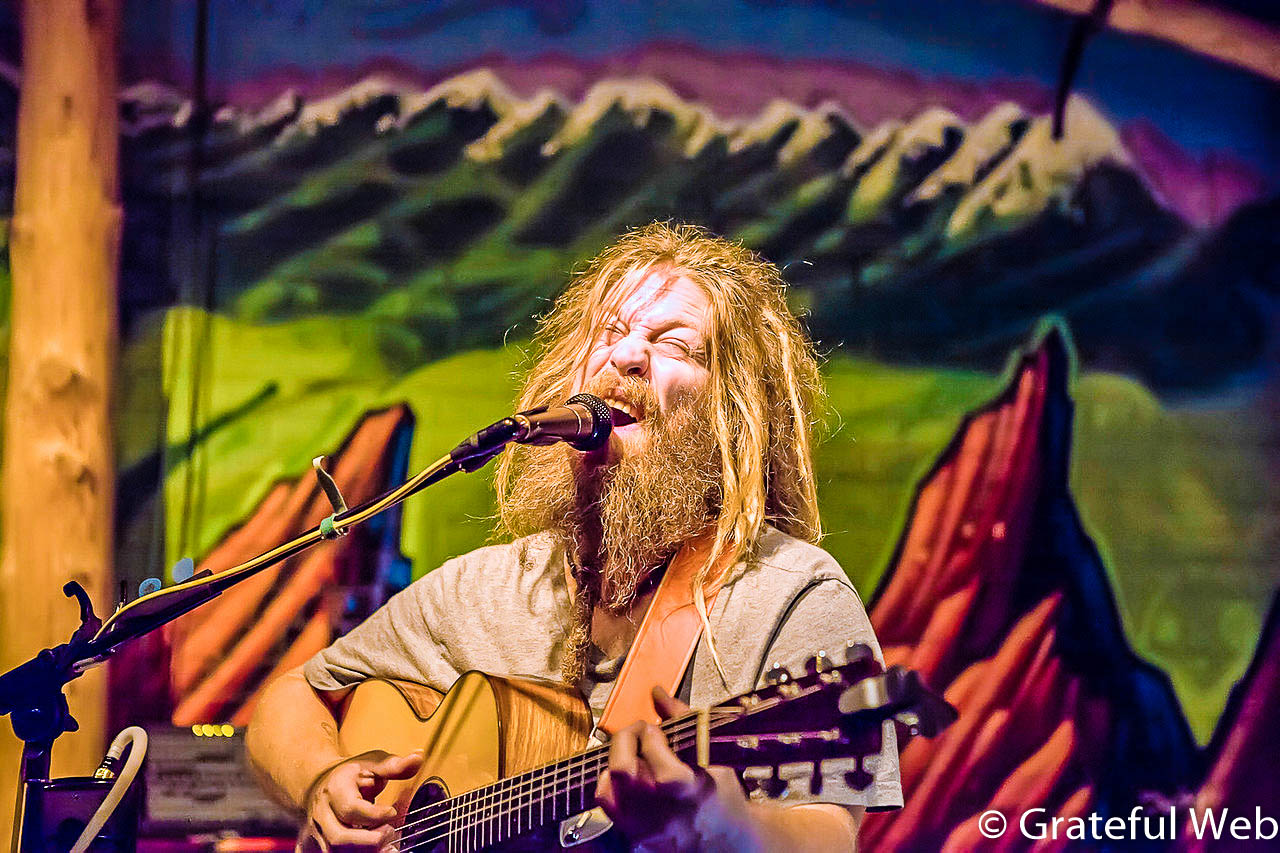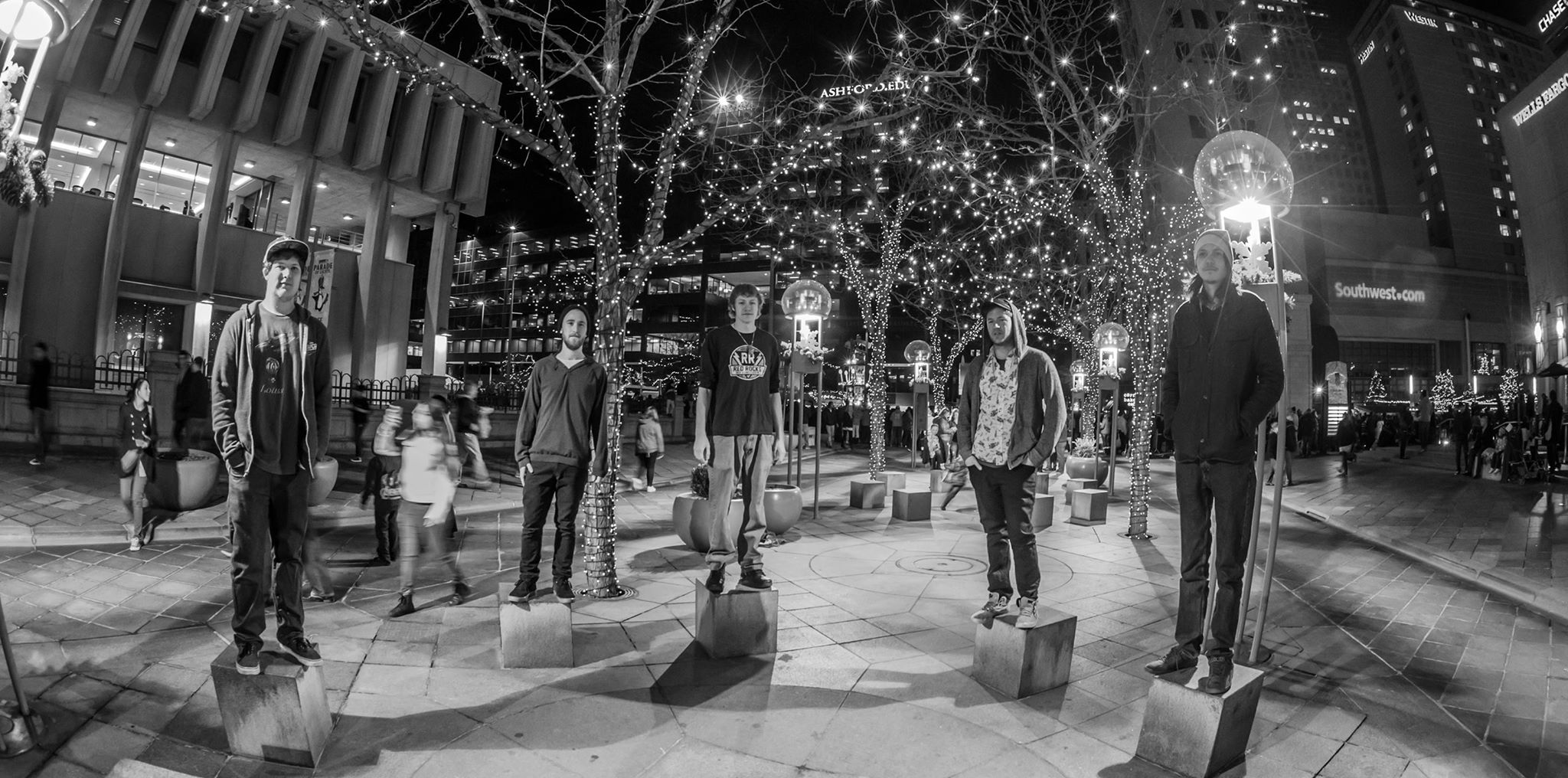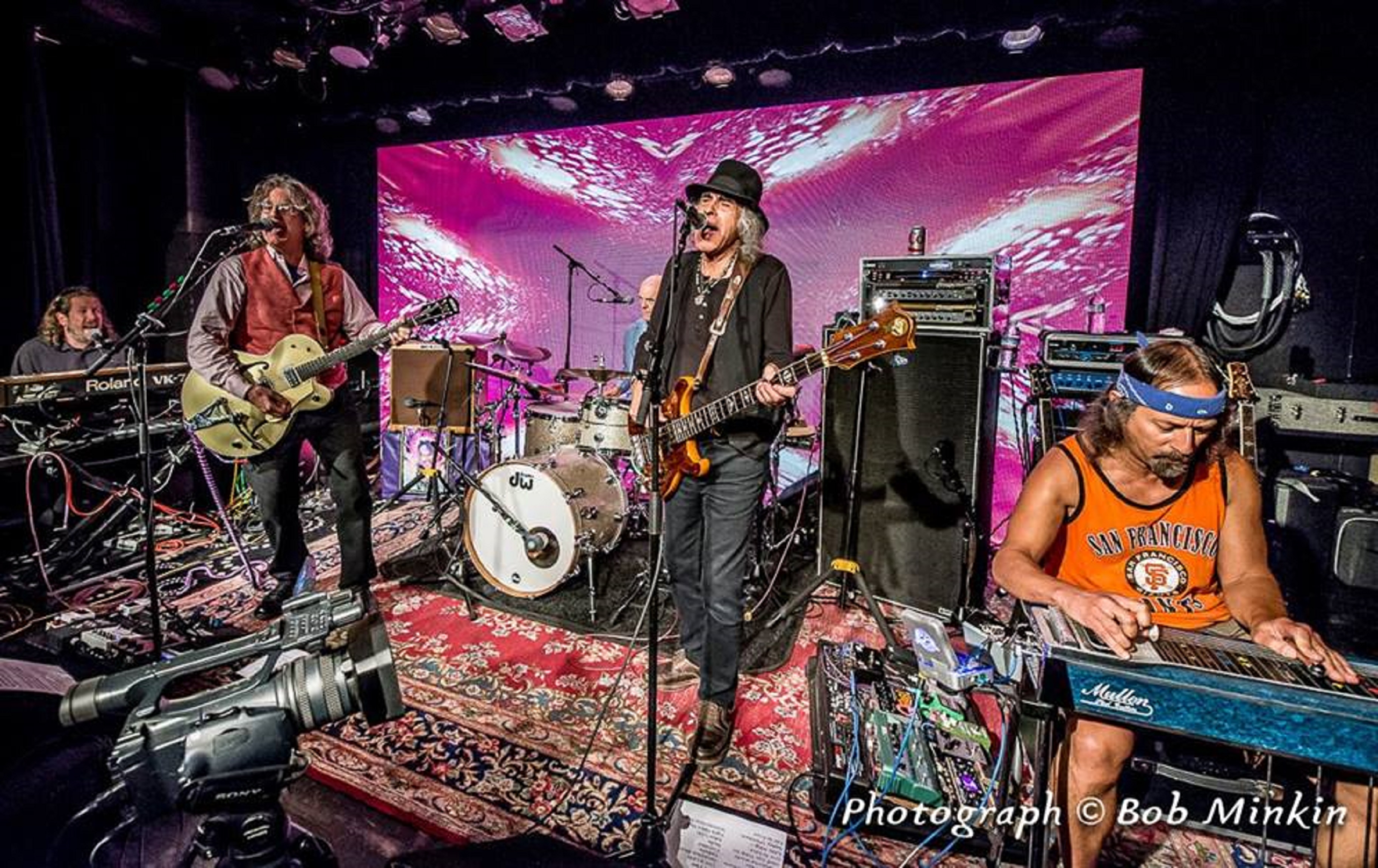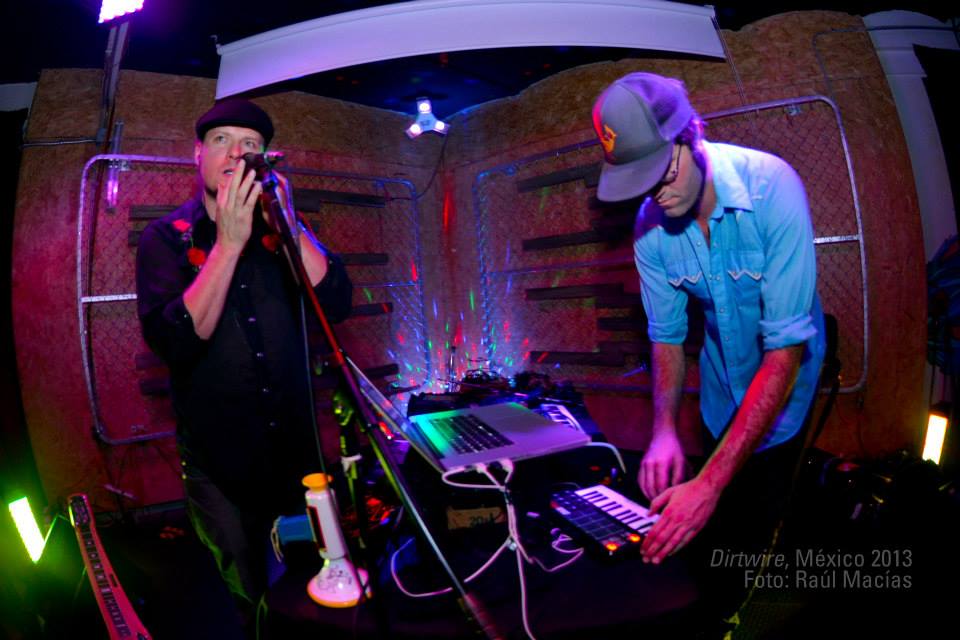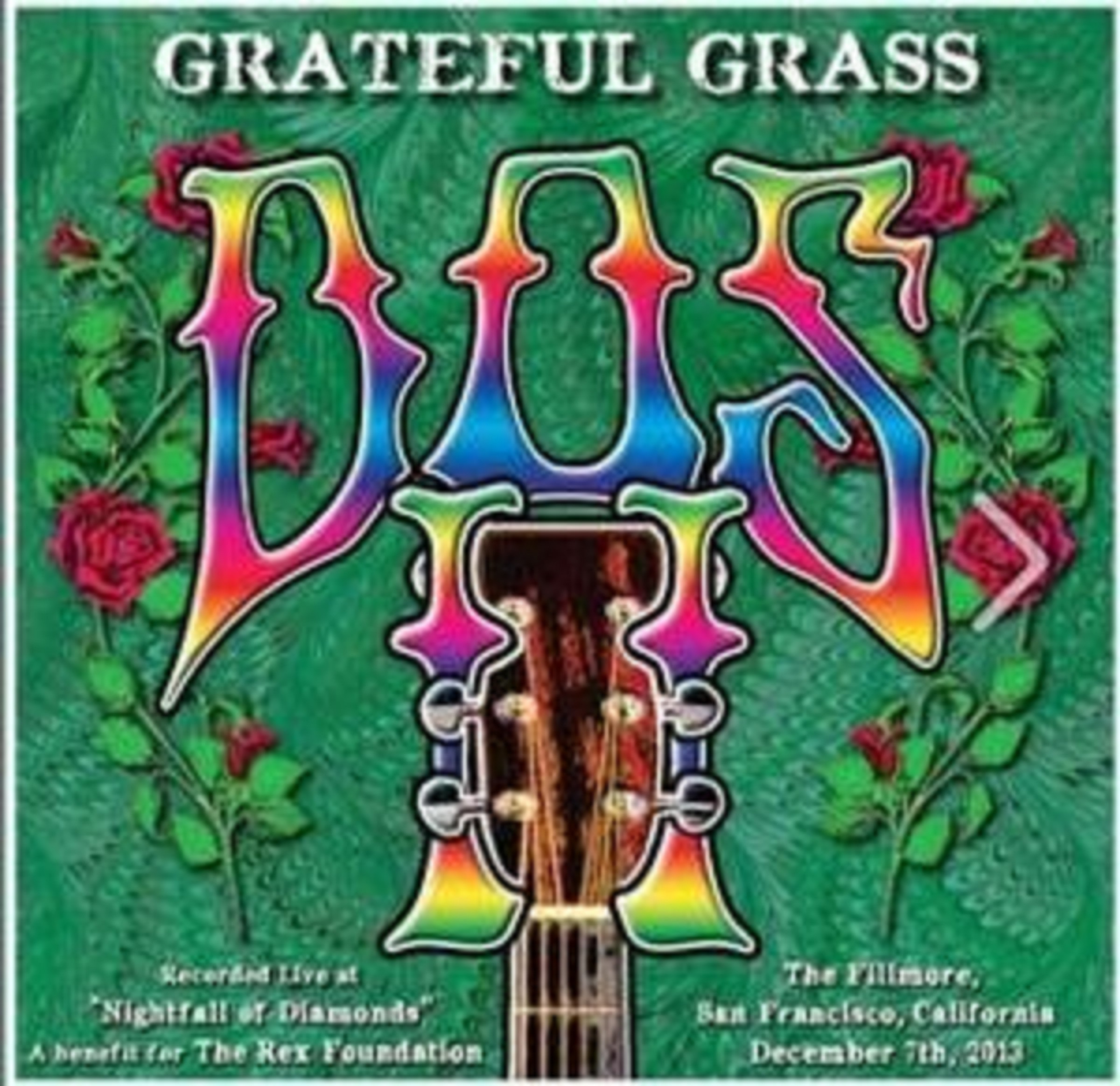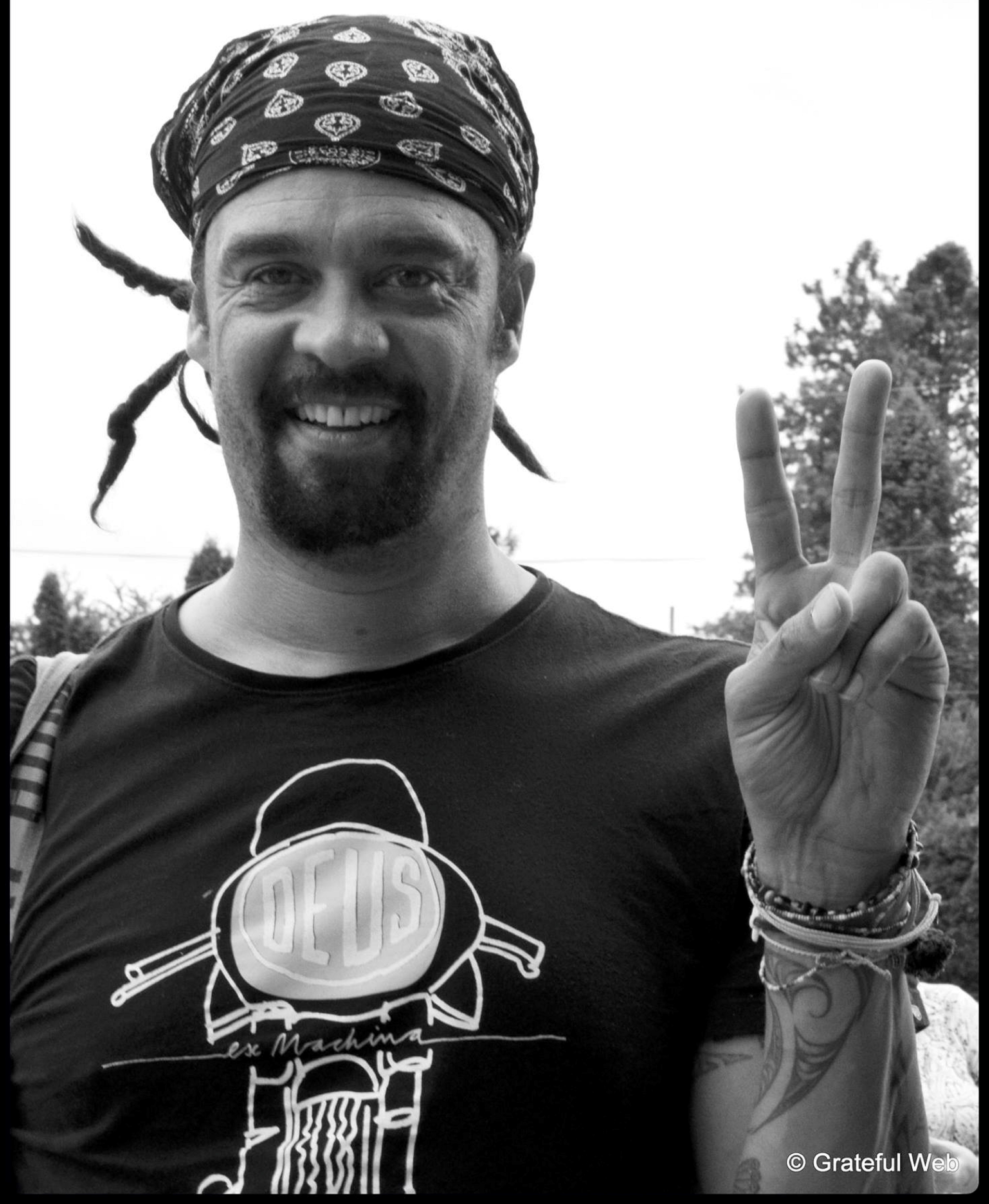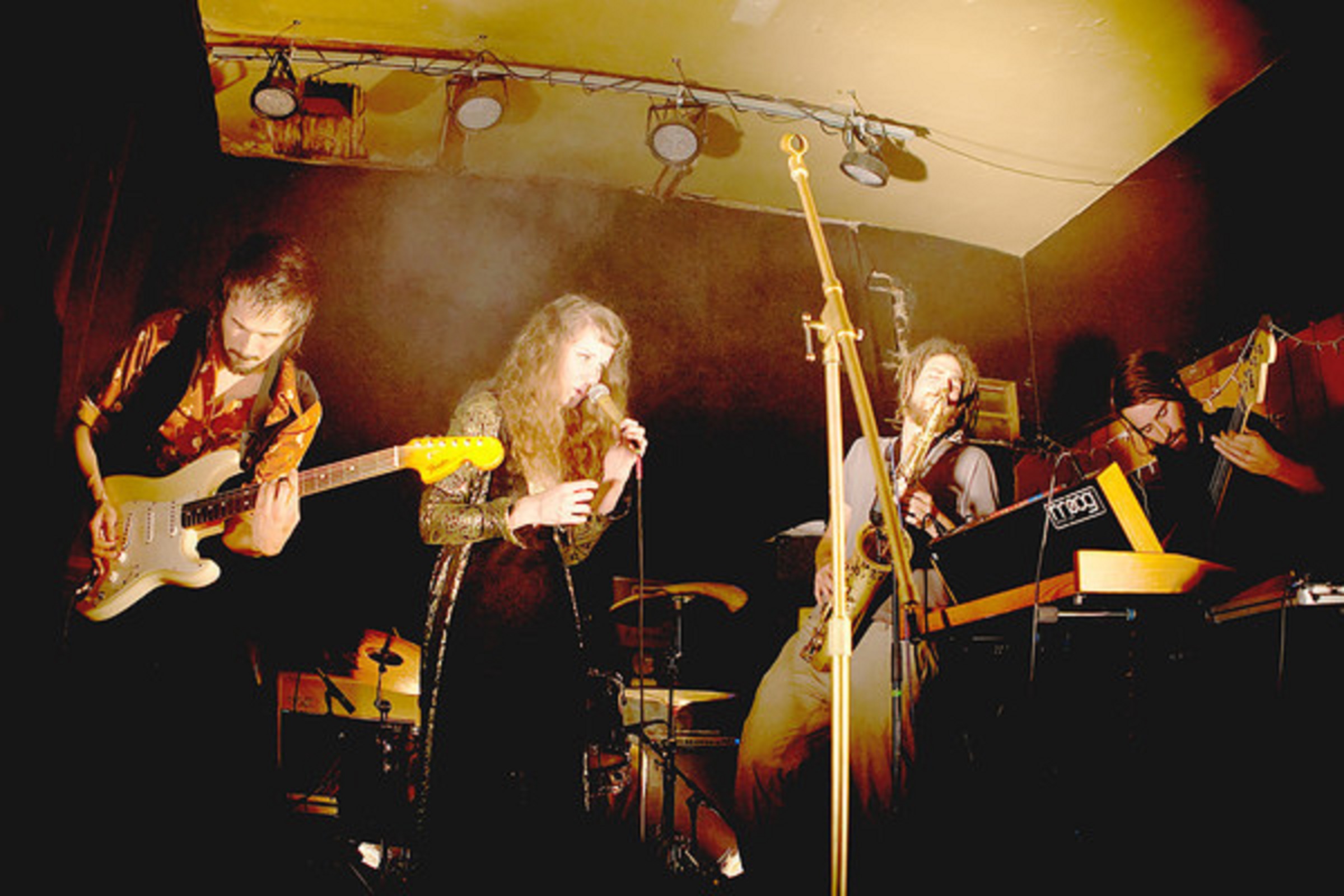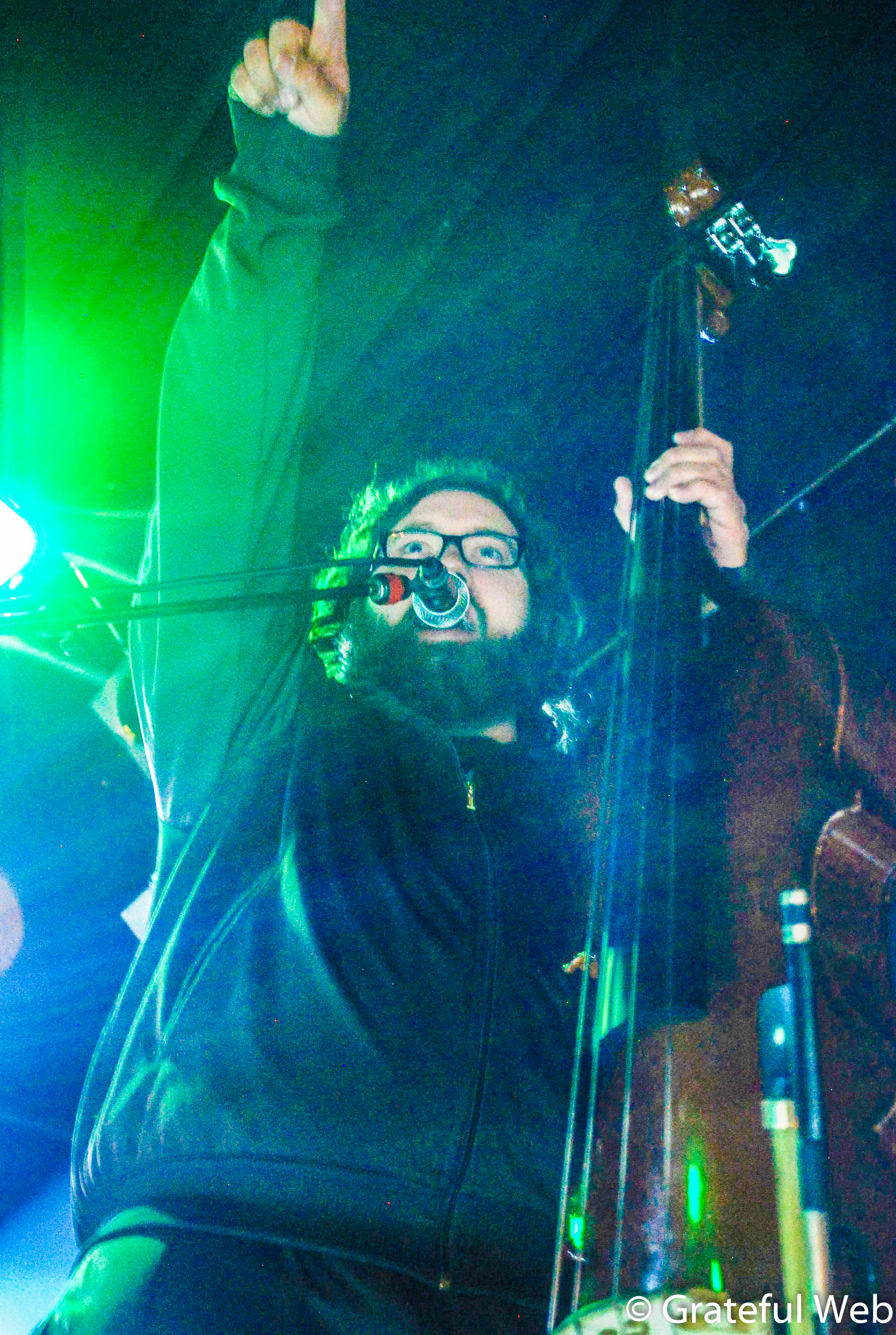John Mayall is a bedrock of the blues music history. Regarded as “The Godfather of British Blues”, John toured and led his band, John Mayall & The Bluesbreakers, during a pivotal, blues music movement in London during the 1960’s – about the time of The British Invasion. John Mayall influenced a number of musical greats of our time before they moved onto such bands/solo acts as the Rolling Stones, Fleetwood Mac and Eric Clapton. Today, John Mayall, a must-see musical gem, is still selling out concert halls, releasing his latest album A Special Life, and touring around the globe in 2014 for his 80th Birthday Celebration Tour. As John sets for the US leg for his world tour, Grateful Web briefly talks to John about his legendary music history, the blues music relevancy today and the elusive Rock & Roll Hall of Fame induction.
GW: Hello John. This is Vinh from Grateful Web. How are you?
John: Fine. Thank you.
GW: Thanks for taking the time to be with us today. Let me start this off. It’s well known you started a blues band, John Mayall & The Bluesbreakers, in the 1960’s in the United Kingdom (UK). Some of the great talents of our time started early in their career in your band. I’ll name a few of them. Peter Green, Mick Fleetwood, John McVie all of whom went on to form Fleetwood Mac and all inducted into the Rock & Roll (R&R) Hall of Fame; Mick Taylor went on with the Rolling Stones and also inducted into the R&R Hall of Fame. Of course, there’s a guy name Eric Clapton and Jack Bruce who both went on to form Cream and also inducted into the R&R Hall of Fame. What comes to your mind when you hear these names and your influence to them?
John: Well as a bandleader, I hire musician who I think can best represent what I’m playing. So, it’s quite simple for me to get a band together and to make sure that everybody is free to explore their own potential.
GW: You give them leeway to express their talent.
John: It’s not uncommon with jazz. A band plays the songs but it’s different every night with a different interpretation.
GW: In the UK 1960’s, an influential period in music history, the Bluesbreakers was a significant part of the blues movement. Your band, John Mayall & The Bluesbreakers, released an amazing 14 albums between 1965 – 1969. Your album Blues Breakers with Eric Clapton had been quoted as perhaps the best British blues album ever cut. What’s your thought on this historic album?
John: Well, it is historic; now, that the passage of time has proved that it was kind of a groundbreaking album. So, I’m very proud of it having the longevity that it has.
GW: In this same 1960’s period, UK bands affected by blues music sprouted during this time. I’ll mentioned a few: The Yardbirds with Jeff Beck, Jimmy Page, & Eric Clapton, later on Led Zepplin, Rolling Stones, Fleetwood Mac, Jeff Beck Group with Rod Stewart, etc. Can you describe what this period was like for you?
John: It was a very exciting period. Everybody I think, regardless of what city they came from, most of us all moved down to London and used that as the central point from which we branched out to do our gigs. It was a very strong family feeling because we were all playing the same circuit.
GW: You were all intimately familiar with one another.
John: Yes, of course.
GW: In the 1969-1970 time frame, you moved to the US. Can you describe your transition to the US and how that affected your music?
John: Well, I don’t think it affected the music in the main sense. The only difference was I had access to American musicians, which I wouldn’t have in England. So, that was the start of using American Musicians.
GW: Your band had been called a rotational band with musicians coming in and out. Now, you’re in the US forming another band. How do you handle such frequent changes in your band.
John: I think this is a terrible mistake that has kind of gone publicity over the years. In actual fact, the changes in my band happen so infrequently – that this is the complete opposite. It’s only in the early, I think, three or four years in England where there were constant changes. But ever since then, my band has been very very constant. The current band, of course, has been together going on six years now. And prior to that, the band that Buddy Whittington was in, he was with me for 15 years. Before that, Coco Montoya was ten years. It’s a complete opposite really of what you’re talking about.
GW: I guess it’s the number of years you’ve been around and the number of great talents to which you’ve been associated with – talents such as Buddy Guy, Albert King, Junior Wells, Etta James. Do you remember what the experience was like working with these folks?
John: Buddy Guy sat in with us a couple of times. All the others you just mentioned were passing gigs, really. But, they were never in my band.
GW: In your time in America, say in the 1970’s, and I’m gathering these numbers from your website, there were 15 albums released in the 1970’s, 7 albums in the 1980’s, 9 albums in the 1990’s, in the 2000’s, 18 albums to include live recordings – that’s a lot of work.
John: I guess so if you look at it that way but I don’t recall it that often. In recent years, there has been a bit of a gap with a major record company, which was Eagle… We’re not with them anymore. With the latest album, we’re going with another record label.
GW: How is that (the new record label) working out?
John: It’s fine. The first release of this year is coming out next week I think.
GW: During this American run, you released an album in honor of Freddie King, you’ve collaborated with John Lee Hooker, you have two documentaries, one entitled the Godfather of British Blues, your album Wake Up Call was Grammy nominated, and your album Stories debuted #1 in the Billboards Blues chart. What do you make of all the success?
John: I wouldn’t call it success considering that I made over 50 original albums and I never had a Grammy. I never had any chart success. So, it’s really the opposite of what you’re talking about. My records, I haven’t been recognized in the Hall of Fame or anything like that. A lot of other people have.
GW: I think you should be in the Hall of Fame.
John: Well, We’ll just have to wait and see.
GW: In my mind, this is a complete career. Do you think the recognition, the Grammy, and the Hall of Fame would complete your career?
John: It wouldn’t complete it; it would add to it. Fortunately, we have a great fan base. Everywhere we play, we have a full house. You can’t get much better than that. We do have the freedom to play differently every night. We’re not tied down to anything. Lot of major groups are tied down and they have to play the songs that are most successful…
GW: In the 2008 time frame, you supposedly took an indefinite break. What did you do during that period?
John: Well, it was not very long actually. It was probably only about three weeks because as soon as I disbanded the Bluesbreakers forever – that name is discontinued permanently – the record company came to me wanting a new album. So, I put a blues band together and it’s been together ever since. Rocky Athas is the guitar player, Greg Rzab is on bass guitar, and Jay Davenport is on drums. So, we’re rolling right along. Of course, they’re featured on the latest album that comes out next week.
GW: You didn’t stay away long so that’s a great thing for the fans. And speaking of your new album John, congratulations. That new album I believe is scheduled to come out May 13, entitled A Special Life. Your website is calling this one of your best albums. Can you tell us a little bit about this album?
John: It’s more a straight-ahead blues album as regard for material. The energy, of course, is the same. We’ve been together now like I said for over five years. The combustion between all four of us is pretty amazing so we managed to capture that on the new album. We chose this material, a lot of blues originals by some of my heroes – people like Jimmy Rogers and a whole slew of blues stuff. It’s a great honoring of the blues
GW: I think your new band wrote some songs?
John: Yes, they collaborated together on one song. Yes.
GW: You mentioned once that you like all your albums because they provide a diary into your personal life and your emotions in that period. How does this new album reflects what’s going on with you now.
John: The material on the album is what we’re playing live so we’re having a great deal of reaction from the audience. We just finished the 60 days tour of Europe. Everywhere we played, we’ve been integrating the new songs onto our set list. They’ve been wonderfully received. It’s a great thrill to know the stuff that is on the record now works very well on live performance.
GW: Fantastic. Speaking of your touring schedule, it looks like you just had a busy schedule this past April.
John: The tour schedule for this year is a little bit more than usual. Usually, we do about 100 shows every year but this year it’s already up to 140. I think something must be happening.
GW: Yeah posted on your website, you’re finishing a UK April 2014 tour, then starting a North American tour May 2014, going up to Canada in July, back to the US for late July, August & September and then returning to the UK in October & November. You’re like the Ironman of the blues.
John: Ha ha, I guess you’ve listed just about everything, haven’t you?
GW: What’s the experience like touring now versus touring in the 1960’s?
John: It’s different. In the early days, all the bands played seven nights a week but there were enough clubs about so you can keep busy like that. They were all within driving distance of London. That’s what everybody did – seven or eight gigs a week and sometimes nine gigs a week, doing doubles. You know, that’s the way it was.
GW: The hotels were nice back then?
John: No, we didn’t stay in hotels. We drive to the gigs because everything was within driving distance to London.
GW: Right. There’s no question the importance of blues to music history and the Bluesbreakers contribution to blues music. In terms of popularity and appeal, what would you say is the status of the blues today and maybe how relevant is it today?
John: Well, blues in its best sense is always a reflection of what’s going on in the world around us. I think that’s the main thing that people recognize when they listen to music. They hear songs, which touch upon subject common to all of us. Through the lyrics and the music itself, it touches people.
GW: In that regard, the blues is very relevant. That’s all I have today John. I want to thank you for being here with us. I like to give you the last word. If I missed anything or you have any words for your fans, please feel free.
John: Well, I think it’s been a very comprehensive interview. You covered just about everything – lots of things I can barely remember. It’s nice to know it’s all out there and people are listening. So, it’s great.
GW: It was great having you. Thank you John.
John: Thank you too. Bye Bye.





